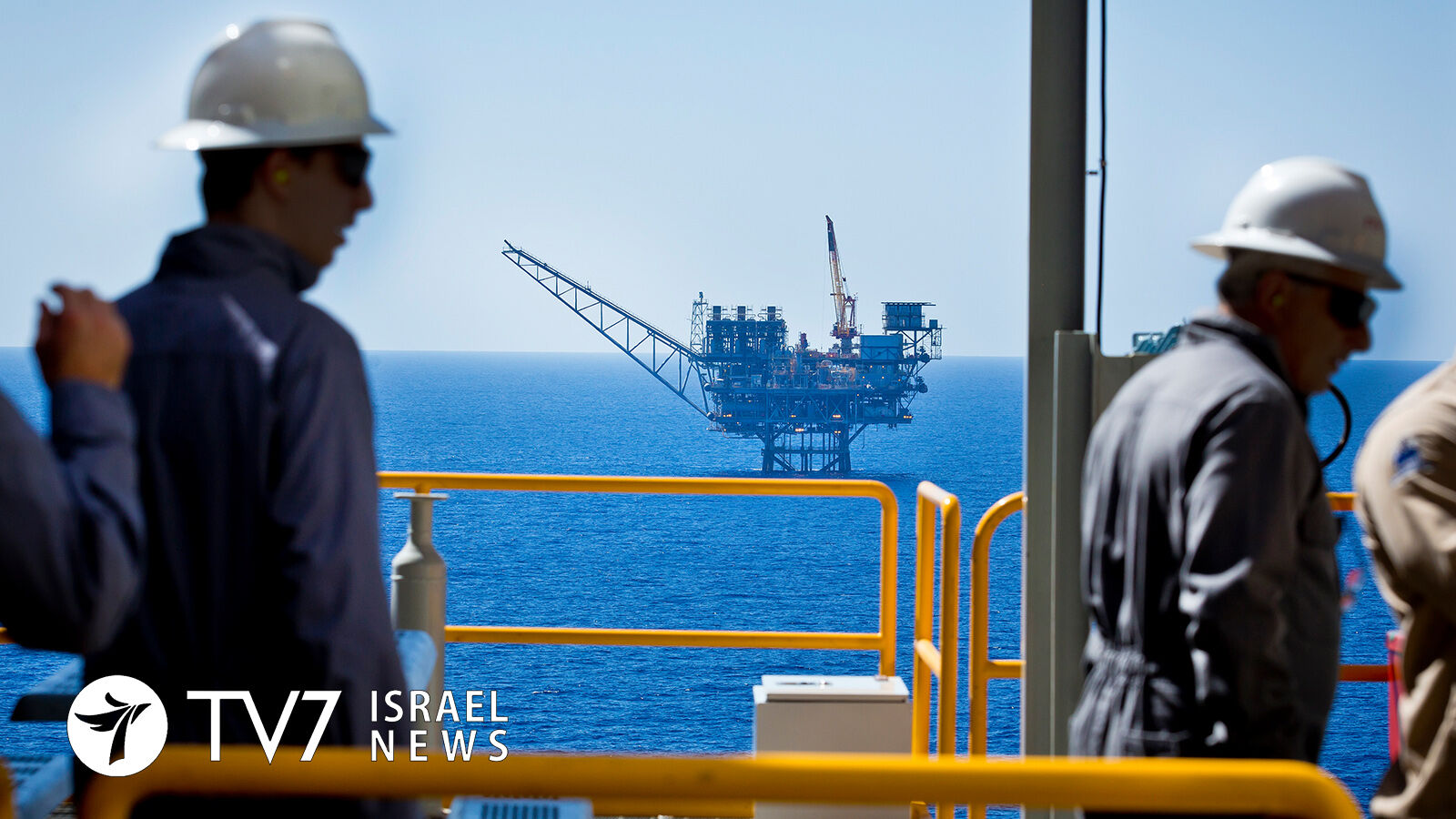United States-brokered negotiations to demarcate the Mediterranean Sea border between Israel and Lebanon will resume next week, Israel’s Energy Ministry revealed.
By Erin Viner
Long time foes Jerusalem and Beirut resumed indirect talks through Washington’s mediation in 2020 at a United Nations Interim Force in Lebanon (UNIFIL) peacekeeping base in the small city of Naqoura.
Israeli Energy Minister Karine Elharrar is slated to meet with US Special Envoy and Coordinator for International Energy Affairs Amos Hochstein next week as part of efforts to resolve the dispute.
The two countries are still in a formal state of war, notably waged in 1982 and 2006; as well as multiple other military conflicts.
They are today separated by the so-called “Blue Line” set by the UN 7 June 2000 to determine Israel’s full withdrawal from Lebanon. This demarcation is only meters shy of the preceding 1949 “Green Line” along armistice lines set in the aftermath of the 1948 Arab–Israeli War that broke out when 7 Arab armies attacked the newly-founded Jewish State; which in turn had been based on the 1923 line set by the League of Nations to separate former French and British Mandates.
Lebanon had long refused to negotiate permanent borders with Israel, which Beirut leaders believed would be tantamount to recognition of the Jewish State.
So far attempts to reach agreement ended at an impasse, obstructing Beirut’s access to lucrative hydrocarbon exploration in the potentially gas-rich area.
Israel already pumps gas from enormous offshore reserves, while cash-strapped Lebanon has yet to discover any commercial gas reservoirs in its own waters.
The talks have largely been stalled since last April, when the Beirut government enlarged its claim to an exclusive economic zone (EEZ) in the Mediterranean Sea, adding about 1,400 square kilometers (540 square miles) above the initial Decree 6433 Lebanon submitted to the United Nations in 2011.
“We will not give up any inch of our homeland or a drop of its waters or an inch of its dignity,” then-Public Works Minister Michael Najjar declared at a news conference.
Now, however, as Lebanon struggles to cope with what the UN has described as one of the worst financial meltdowns in history, President Michel Aoun announced that his nation is “ready to resume negotiating the demarcation of the southern maritime borders, in a way that preserves the rights and sovereignty of the Lebanese state.”
Despite being in the worst economic crisis since its 1975-1990 civil war that is threatening national stability, Lebanese political leaders have failed to bridge their differences to address the crisis.
